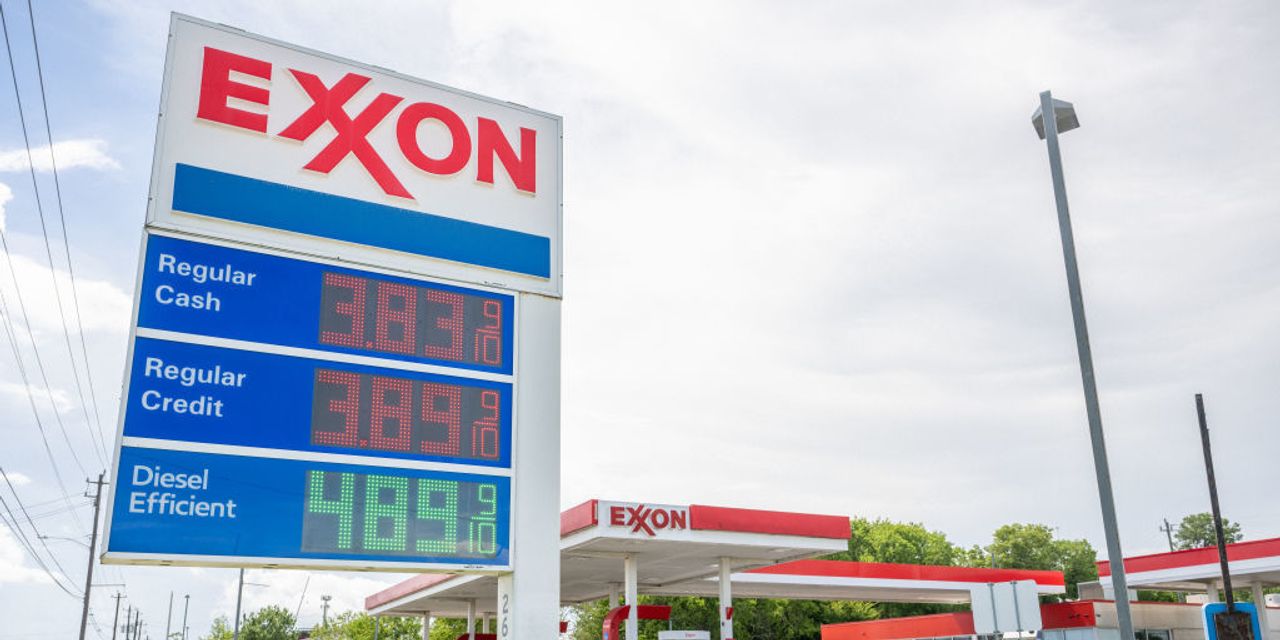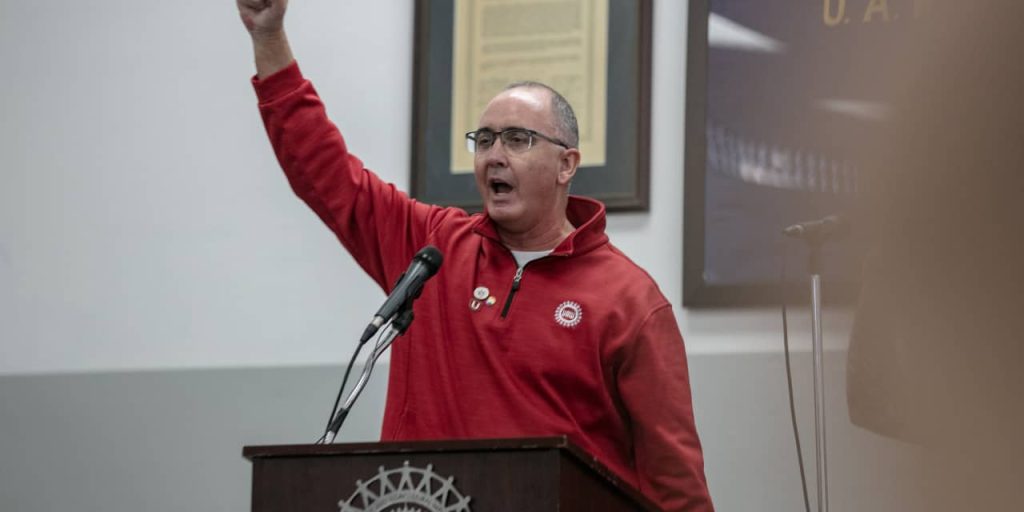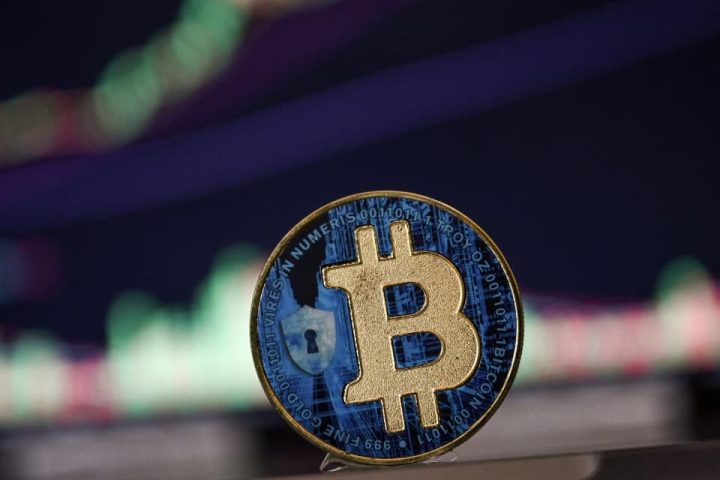Exxon Mobil Corp.
XOM,
is reportedly nearing a deal to buy energy-exploration company Pioneer Natural Resources Co.
PXD,
for $60 billion, a combination that could shake up Texas’ storied and oil-rich Permian Basin.
It’s also bound to attract attention from the Biden Administration’s antitrust enforcers, including Federal Trade Commission Chair Lina Khan, given the paramount political importance of oil and gasoline prices.
“You can be sure that the FTC will give this acquisition a serious look,” Stephen Calkins, former general counsel at the FTC told MarketWatch, adding that the agency has long paid special attention to the oil and gas industry at the behest of Congress, which has long been sensitive to anything that may increase prices at the pump.
Read more: Exxon near $60 billion deal to buy shale driller Pioneer Natural Resources
The high cost of living after several years of historic inflation is one of President Joe Biden’s most important political vulnerabilities ahead of the 2024 election. A recent poll by Investors Business Daily showed only 24% of voters approve of his economic record.
The president has campaigned on gasoline prices specifically, telling an audience in Maryland last month, “I’m going to get those gas prices down again, I promise you.”
But any decision to challenge a merger must be based on the facts of the market in question and whether it would present a threat to competition that could lead to higher prices for consumers or other adverse effects.
Frederick Lawrence, director and energy analyst at Capital Alpha Partners told MarketWatch that there is much greater competition in the market for oil exploration and production, where Pioneer is a major player, than in other segments of the industry including gasoline stations, pipeline operators or refining.
Independent oil companies produce roughly 85% of natural gas and 65% of oil in the U.S., he said, and that fact will make it difficult for the Exxon acquisition to meaningfully reduce competition in oil exploration.
“People just think about big oil and they forget that there’s a very healthy independent community out there competing,” he said. “That said, this is Exxon Mobil we’re talking about, the 800 pound gorilla of the upstream oil value chain, so it’s important to acknowledge they’ll get more scrutiny.”
See also: Why gasoline prices are set to fall even as oil marches toward $100 a barrel
Investors should be prepared for the deal to take longer to consummate than a similar acquisition in another industry, Lawrence added, pointing to a recent deal between private equity firm Quantum and natural-gas producer EQT that was slowed because of additional information requests from the FTC.
The deal was ultimately consummated in August, nearly a year after it was announced.
Former FTC official Calkins said that investors should also be prepared for the FTC to get creative as it studies the deal, noting that Biden administration antitrust enforcers “have been receptive to unusual theories of competitive harm” and will study the impact of the merger on downstream businesses, like refiners and gasoline retailers.
The agency will also scour the deal for “any part of the business where there’s an anticompetitive story,” Calkins said, noting that large complex mergers often involve the transfer of a more obscure but valuable asset that could illegally boost an acquiring company’s market power.
Meanwhile, the FTC also has to contend with an already heavy workload, with ongoing cases against well-resourced companies like Amazon.com Inc.
AMZN,
“The FTC right now is doing a lot of litigating,” Calkins said. “There is a resources question of whether they have the ideal number of staff with the right skill set to add to their already full plate.”
Read the full article here







